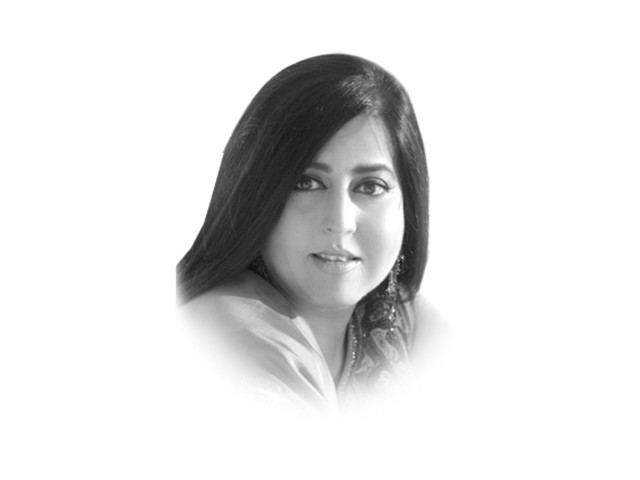Three years, and two days, ago
Judges and lawyers arrested, media gagged, political parties took to the streets, Musharraf was sent packing.

Three years, and two days, ago
Two years later, there is lots of loud noise on the quality of that democracy but not on democracy per se. General Musharraf’s ill-conceived attempt to enter politics in Pakistan crashed and burned before it could take off. Democracy it appeared had taken root and, despite the best efforts of many, was not going anywhere. Calls for mid-term elections are a departure from the politics of the 90s. As a result, the political opposition wants to play within the rules framed by the constitution so mid-term elections are left to any one of two eventualities; the prime minister dissolving parliament or the opposition moving a successful, no-confidence motion against the prime minister and if no political party has the numbers to elect a prime minister then mid-terms are the only option.
We tend not to focus on the process, we are always looking to leapfrog to the end. It’s time we paused to take a look at all the changes that have occurred in the process. They may be small and inconsequential to many, but the small changes add up and strengthen the process. Civil society has played a pivotal role in keeping the political process on the rails. By raising its voice against illegal actions, whether it be making appointments or constructing buildings or awarding of contracts, the government has been compelled to step back. We have seen people go to jail for corruption, albeit a few and the list is endless but it is a departure from the past where no one bothered and as a result nothing happened. Today, people are bothered, they are aware, they have greater access to information and, very slowly, they are starting to engage.
The Supreme Court Bar Association elections are a case in point. After the events of 2007, it was a given that the bar president would be from amongst the leaders of the lawyers’ movement. In 2008, it was the same as the goals of the movement had not yet been realised and in 2009 we saw the beginnings of a change, where the ideological splits started to show and sane voices were not supported by so-called liberal forces. The real evolution came in 2010 where the election was not fought in the shadow of the lawyers’ movement but along clear political lines. There were no apologetic sounds and the thing to watch for now is whether the process of evolution will continue.
As we stand today, we have an elected government, a judiciary that exercises a great deal of independence and caution, a media that is independent but not cautious and a civil society that has more access to information than ever before. It’s only been a few years since this process began in March 2007, it’s not considered perfect but to survive, it will need all of us to keep doing what we are doing — to speak out, to demand that the government work for and not rule us, to ensure that the agenda is Pakistan and not anyone’s personal agenda. It will be a long, slow and hard walk before we get to perfection road but that is the only road for us to walk down.
Published in The Express Tribune, November 5th, 2010.















COMMENTS
Comments are moderated and generally will be posted if they are on-topic and not abusive.
For more information, please see our Comments FAQ